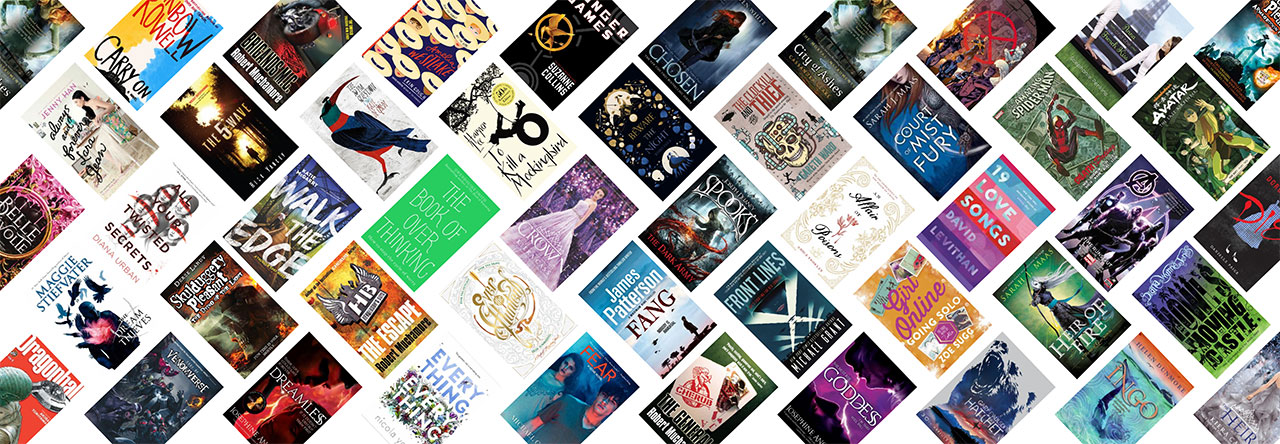We promise, absolutely and completely, that this is our last post about New Zealand Book Month. For this year at least. We hope you’ve read something New Zealand related this month or better yet, been to an event! If you haven’t, never fear, there’s still time (and a long weekend) to do so. Why not check out some New Zealand short stories, it will take mere minutes and the library has some great collections!
 Essential New Zealand Short Stories, edited by Owen Marshall
Essential New Zealand Short Stories, edited by Owen Marshall
The contents page of this collection reads as a who’s who of New Zealand writing greats including Katherine Mansfield, Janet Frame, Patricia Grace, Joy Cowley, Maurice Gee, Frank Sargeson and many, many more. The collected works span 80 years which demonstrates the way short stories, as a genre, have changed over time (or not). In his introduction Owen Marshall says the reason short stories can be found right through New Zealand writing history is because “they form a resilient genre with its own idiosyncratic pulse of literary energy.” We have to agree! There’s a certain charming idiosyncrasy right through this collection and all the others as well.
 Earthless Trees, edited by Pauline Frances
Earthless Trees, edited by Pauline Frances
This collection features the work of several young refugees who came to New Zealand seeking security and freedom with their families. From an escape through mountains on an overloaded truck, to living through an explosion in urban Kabul, these stories touch on universal themes: survival, family, home and friends. We love that this collection gives a poignant and, at times, heartbreaking, insight into the lives of some of our refugees.
 Like Wallpaper, edited by Barbara Else
Like Wallpaper, edited by Barbara Else
The authors featured in this collection are a combination of established like David Hill or Fleur Beale and stunning newcomers like Natasha Lewis and Samantha Stanley. The settings are New Zealand homes and flats, local schools and roads, beaches, rivers, cities. There is a mixture of tone, voice, and form. Issues addressed in the stories range across aspects of peer pressure and friendship. Parents and family relationships feature as do young romance, sexuality, and death. All in all, it’s a capacious collection with several quirky stories you’re bound to love. Hopefully ponder as well.
 50 short short stories by young New Zealanders edited by Graeme Lay
50 short short stories by young New Zealanders edited by Graeme Lay
Tandem Press invited New Zealanders aged 18 and under to submit a short story (no more than 500 words) for a writing competition. This collection is the 50 best entries they received. They provide a much broader overview than Earthless Trees of what being a teenager is like in New Zealand and over the course of fifty stories, the themes covered include all the joys and concerns of daily life: peer pressure, rivalry, first love, and questions of identity and belonging; of moving or subtle relationships with friends and family. These are great to read if you’re an aspiring writer yourself because they give an idea of the kind of style and content that one publishing house consider to be good.
Think you can do better? Then a list of writing competitions in New Zealand can be found here including details about the Re-Draft competition. The winners of that are published annually, several collections of which the library has here, here and here. However they don’t get a blurb of their own because they include poetry and because we promised a short post. So there you have it. Short stories are the best! They get to the point within the time of my attention span, they’re often strange and quirky and, best of all, they leave you wondering. And there we will end our very last post about New Zealand Book Month. May you now dazzle your friends and family with your knowledge of homegrown literary talent!
Happy Easter!
R n R


 The magnificent and marvellous Margaret Mahy. My personal favourite novel of hers is
The magnificent and marvellous Margaret Mahy. My personal favourite novel of hers is  Kate de Goldi is far less prolific than Mahy but is also incredible. Her latest novel,
Kate de Goldi is far less prolific than Mahy but is also incredible. Her latest novel,  And back to the prolific: Maurice Gee. You may have read
And back to the prolific: Maurice Gee. You may have read  Bernard Beckett has written in an extraordinarily wide range of genres. From the deeply philosophical
Bernard Beckett has written in an extraordinarily wide range of genres. From the deeply philosophical  Joanna Orwin’s latest book
Joanna Orwin’s latest book  V. M. Jones’
V. M. Jones’ 
